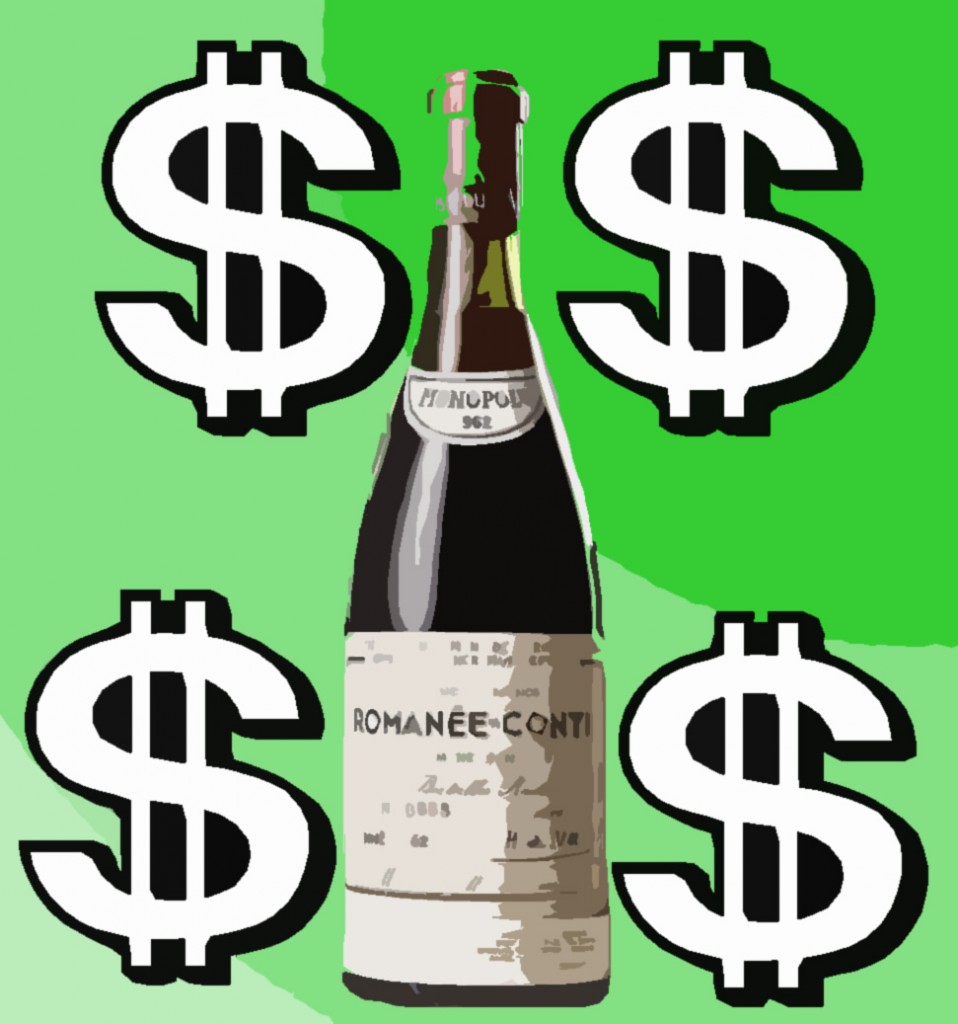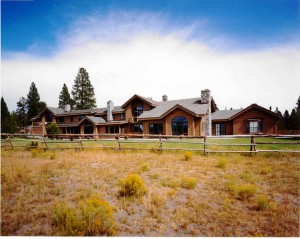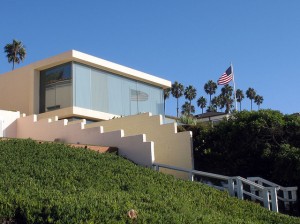The Price of Wine: Quality or Status Symbol?
 The price of wine is usually the deal breaker when purchasing wine. Does the price of wine determine the quality of wine? Are people drawn to higher priced wines or to lower priced wines? Do people have a deeper motive when selecting a wine, other than the price of the wine?
The price of wine is usually the deal breaker when purchasing wine. Does the price of wine determine the quality of wine? Are people drawn to higher priced wines or to lower priced wines? Do people have a deeper motive when selecting a wine, other than the price of the wine?
At the restaurant, I catch people selecting their wines by looking at the right column, the price. My next list should be written with the price highlighted on the left column.
For some reason it seems as though everything in our society has a price tag associated to its quality. I have guests that look at the list and would never dream of ordering a bottle over $100. Then there are also those guests that would never be caught ordering a wine under $100.
When I buy wine for the restaurant, I have to make sure that the price is worth the wine. But what is the difference between a bottle at $20 wholesale and one at $50 wholesale? Well, on the list one might be in the $50 range and the other in $120 range. So as a guest, are you getting a better wine when you go with the higher price tag?
I have had wines that are amazing for $20 and taste better than some at $50. Although it does occur, it is not always the case. The best way to understand why one wine is more expensive than another, is by thinking about wine in terms of real estate.

Take San Diego, for an instance. Someone can buy a 2 bedroom 1 bath house in La Jolla, overlooking the water for somewhere in the $1.5- $2 million range. Someone else can buy a 5 bedroom & 3 bath home for $700,000 in Jamul (an agricultural area about 45 min away from downtown). The bigger house with better facilities is available at a much lower price, but it is in an less-desirable location. The prime property does not have all the bells and whistles, but it is in La Jolla.
Some wines come with a high price tag because of their pedigree, whether from the winemaker, the winery or the vineyards. A consumer might buy another wine half the price from elsewhere and have more flavor, better structure, etc. However, bring that wine to a dinner party and it doesn’t have the same showmanship as the wine with pedigree.
It really all comes down to status. Most people would rather be invited to the dinner party in La Jolla than to a dinner party in Jamul. We are creatures of status and this is what drives one consumer to purchase the $120 bottle rather than the $50. But don’t be fooled, the person who bought the home in Jamul is also driven by status. They want the biggest house possible and although it is not in a desirable neighborhood, it is still pretty showy.

My wife loves to get a bargain. She goes and buys a blouse and the first question she asks me is, “guess how much this cost me?” She gloats with pride at the fact that she got a great deal. She is the type of person that would search for the bargain wine before buying one that dangles a high price tag and famous label. It is her way of gaining status.
So the question is: is it worth it to pay big bucks for wine? I guess it all depends on what you are trying to do. How do you want to gain status? There are great wines at low prices and there are bad wines at high prices. But then again there are wines that deserve the high price tag, solely for their real estate. We can’t compare DRC with Bourgogne Rouge. If you ask me, I have never bought a bottle of DRC, and probably never will. I have tasted it and that was enough. Although it was amazing, my budget does not allow me to pursue that much status.
I will stick to gaining status by searching out the great wines at great deals. Yes, I shop at TJ Maxx and the Nordstrom Rack.










2 Comments
Brian Kulich
Nice to the point article. Great use of easy to understand metaphors but still geeky enough for the fellow Somm. Thanks for the read!
Maurice
Thank you.